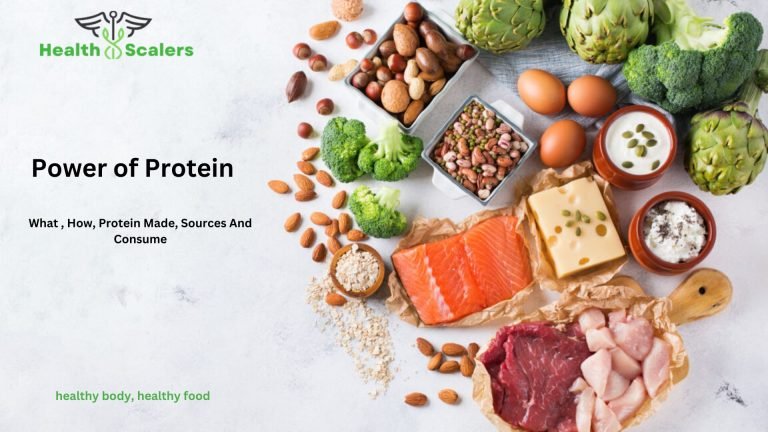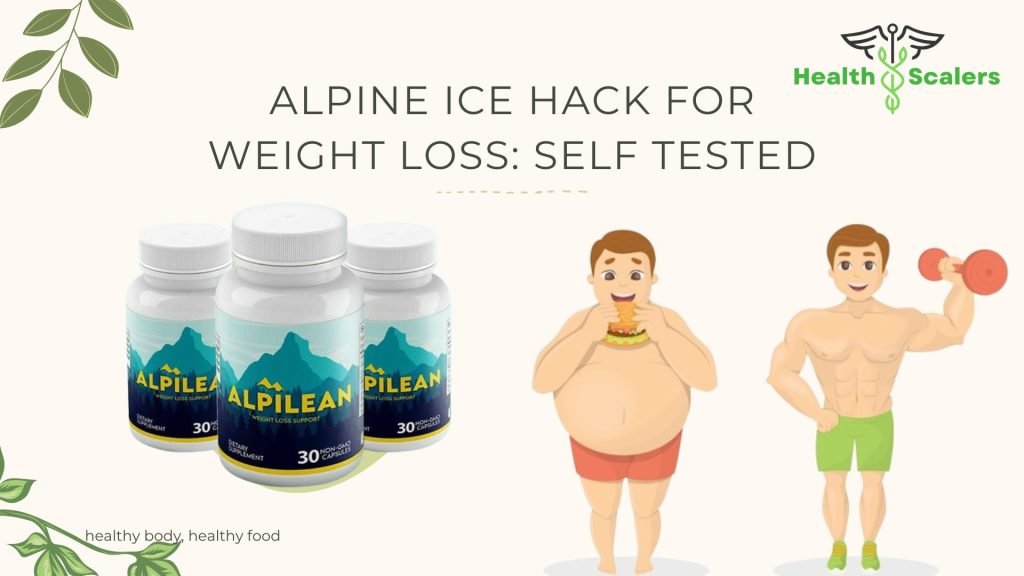
Introduction
In the realm of nutrition, the debate between vegetarian (veg) and non-vegetarian (non-veg) diets is a perennial one. One crucial aspect that often takes center stage in this discourse is protein – the building block of our body. In this comprehensive guide, we’ll delve into the differences between protein from Non veg and veg Protein sources, explore how our body reacts to each, and ultimately address the age-old question: which is better?
Difference between the protein from non-veg and veg
Non-Veg Proteins: A Gastronomic Adventure
Animal Proteins: A Palatable Potpourri
Embark on a sensory exploration of proteins derived from non-vegetarian sources, ranging from poultry and fish to red meat.
Bioavailability in Non-Veg Proteins
- Rich in essential amino acids
- Enhanced absorption rate in the human body
The Culinary Canvas: Cooking Non-Veg Proteins
Unleash the culinary artist within as we discuss various cooking methods to retain the nutritional integrity of animal proteins.
Veg Proteins: A Garden of Nutrients
Plant Proteins: An Abundant Harvest
Discover the diverse world of plant-based proteins, encompassing legumes, grains, nuts, and seeds.
Fiber Content in Veg Proteins
- Vital for digestive health
- Contributes to sustained energy release
Balancing Amino Acids in Vegetarian Diets
Unlock the secrets of combining plant-based foods to ensure a complete amino acid profile in vegetarian diets.
Understanding Protein Basics

Before we embark on the veg vs. non-veg protein debate, let’s establish a solid understanding of what protein is and why it’s indispensable for our bodies.
Protein : The Basics
- Proteins are macronutrients composed of amino acids, essential for various bodily functions.
- They play a vital role in muscle development, immune function, and overall cellular repair.
Non-Veg Protein
Now, let’s shift our focus to proteins sourced from non-vegetarian options and how our body interacts with them.
Protein from Non-Veg Sources
- Non-veg protein predominantly comes from animal products like meat, fish, eggs, and dairy.
- These sources often provide complete proteins containing all essential amino acids.
- Rich in heme iron, non-veg proteins can enhance iron absorption in the body.
How the Body Reacts to Non-Veg Protein
- Animal proteins are usually more easily digestible than some plant-based proteins.
- The presence of heme iron can positively impact blood health and reduce the risk of anemia.
- However, excessive intake may be linked to certain health concerns, such as increased cholesterol levels.
Veg Protein: Breaking Down Plant Power
Transitioning to the plant-based side of the protein spectrum, let’s explore the nuances of veg protein and its effects on the human body.
Protein from Veg Sources
- Plant-based proteins are derived from sources like legumes, nuts, seeds, tofu, and grains.
- While some plant sources may lack certain amino acids, combining different plants can create complete proteins.
- Veg proteins are often rich in fiber, antioxidants, and essential nutrients.
How the Body Reacts to Veg Protein
- Plant-based proteins can contribute to a lower risk of heart disease and certain cancers.
- The fiber content aids in digestion and supports a healthy gut microbiome.
- However, some plant proteins may be less bioavailable, requiring careful dietary planning to ensure adequate nutrition.
Which is better: veg protein or non-veg protein and why?

Now that we’ve explored the characteristics of both protein types, it’s time to address the overarching question: which is better for overall health?
Considering Nutritional Density
- Non-veg proteins are often denser in certain nutrients, such as B12, iron, and omega-3 fatty acids.
- Veg proteins, on the other hand, offer a spectrum of nutrients, along with the benefits of a plant-based diet.
Environmental Impact
- Non-veg proteins, especially from red meat, have a higher environmental footprint.
- Veg proteins, being plant-based, generally have a lower environmental impact, contributing to sustainability.
Health Considerations
- The choice between veg and non-veg protein often depends on individual health needs and dietary preferences.
- Balancing protein sources from both domains can provide a diverse range of nutrients.
What To Choose: Vegetarian and Non-Vegetarian Diets
Advocating for Vegetarianism
- Abundant Protein Sources: Plant-based foods like legumes, tofu, quinoa, and nuts offer ample protein with essential amino acids.
- Nutritional Benefits: Vegetarian options are low in saturated fats and cholesterol, promoting heart health and providing a rich array of vitamins, minerals, and antioxidants.
- Healthier Choice: Embracing a vegetarian diet meets protein needs while enhancing overall well-being, making it a wise dietary option.
Ethical and Environmental Considerations
- Environmental Impact: The livestock industry is a significant contributor to greenhouse gas emissions, deforestation, and water pollution.
- Reduction of Carbon Footprint: Choosing plant-based proteins helps mitigate environmental degradation and supports sustainable living.
- Animal Welfare: Vegetarianism aligns with ethical treatment of animals, recognizing their rights to life and freedom from suffering.
In the vast landscape of nutrition, the veg vs. non-veg protein debate is not a clear-cut battle. Each source brings unique benefits, and the ideal approach may involve a thoughtful combination of both. As we navigate the protein puzzle, let’s celebrate the diversity of our dietary choices and strive for a balanced, nourishing plate that aligns with our individual needs and values.




